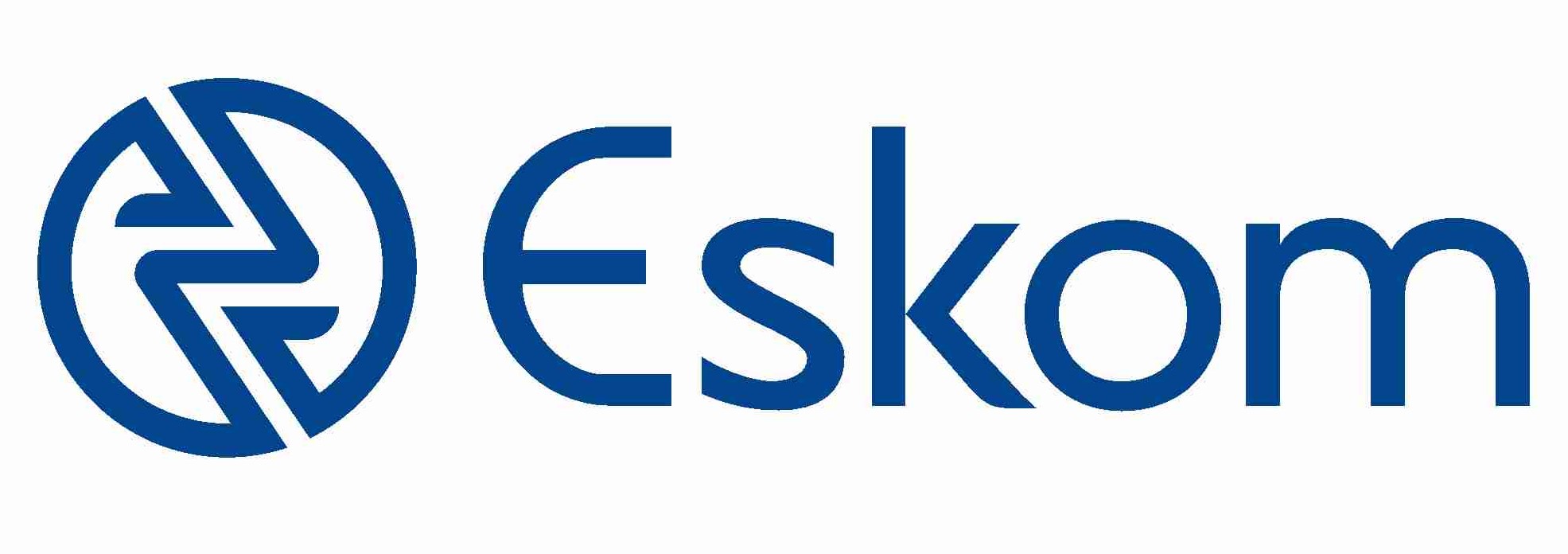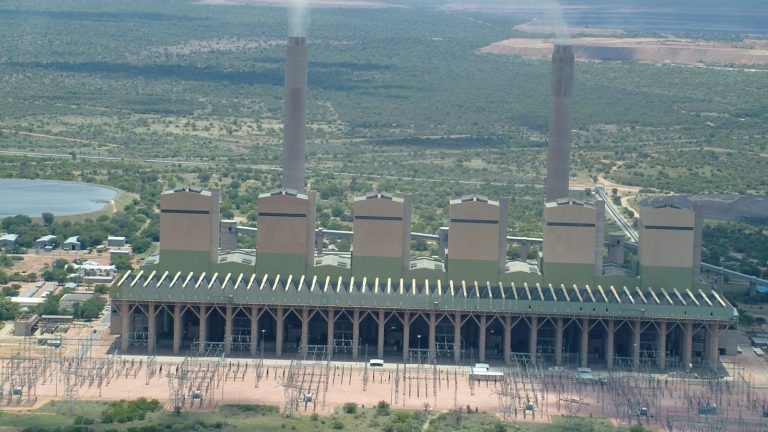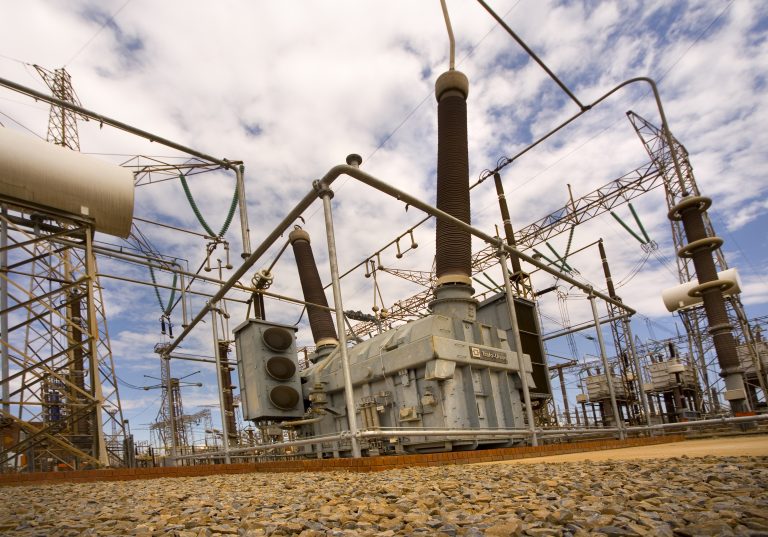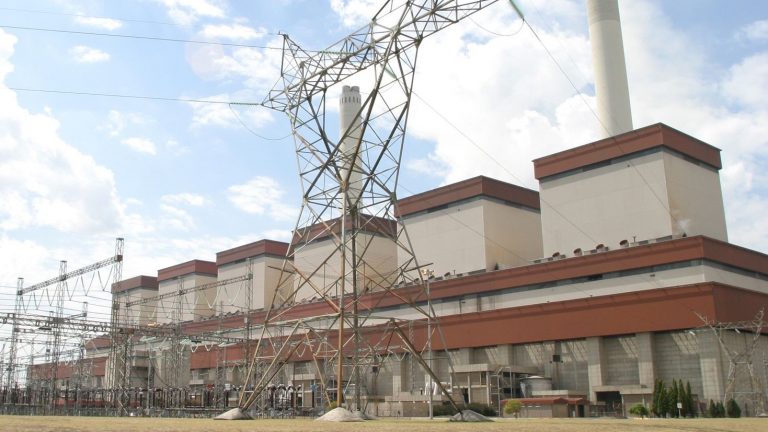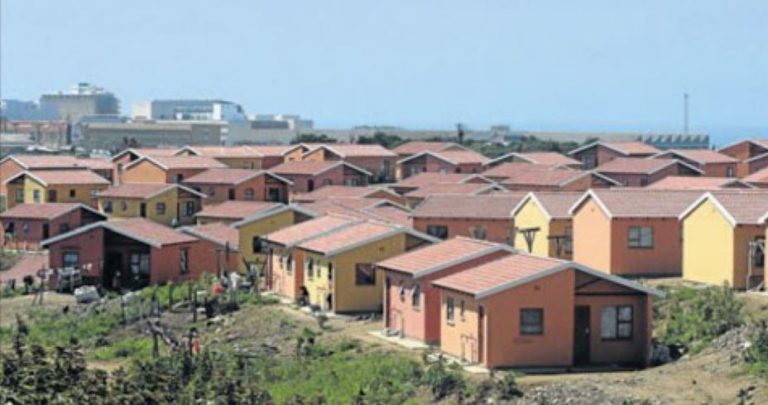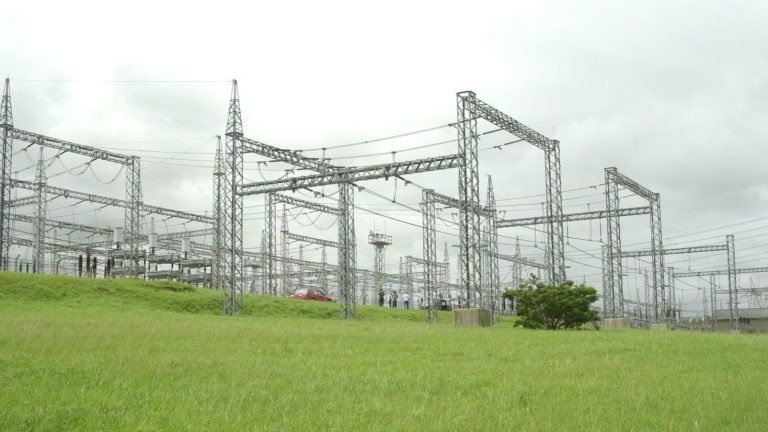Eskom is disrupting the gender equality status quo
Saturday, 02 September 2023: Eskom hosted the 10th anniversary of its Women Advancement Programme (EWAP) conference from 29 to 31 August at its Academy of Learning in Midrand. The objective of the programme is to bridge the divide between men and women in the Eskom workplace. It is a broader programme aimed at improving leadership skills, qualifications in the technical space, such as engineering – which is predominantly male orientated. Consequently the programme also addresses challenges faced by females in the workplace, driving outreach initiatives to empower women in the communities where Eskom operates.
Elsie Pule, Eskom’s Group Executive for Human Resources says, “The EWAP Conference is a testament to Eskom’s shared commitment to placing gender equality at the forefront of the multilateral arena. This is both a matter of human rights and a critical path for achieving Sustainable Development Goals (SDGs) as set out in the Sustainable Development Agenda. Of the 17 SDGs, gender equality is the fifth goal. Eskom is grateful to be making a small yet significant contribution towards the realisation of this goal. Indeed, there is long road ahead. The 10 additional goals include gender-specific benchmarks, acknowledging the interconnection between women’s empowerment and a better future for all.”
“Eskom has made significant strides to ensure gender equality, with 33.43% of the Eskom workforce being women, 20% of women at the executive level, 42.81% at senior management and 39.59% in professional and middle management roles, however, more still needs to be done. As Eskom, we acknowledge that the struggle for gender equality is universal and a human rights matter”, says Pule.
Some of the achievements in EWAP over the past 10 years include the following:
• Eskom’s gender pay gap dropped from 41% to below 6%
• Spend on black women-owned businesses increased from R6 billion in 2013 to over R16 billion in 2022
• Representation of women in technical roles such as artisans, operators and technicians had increased
• 55% of further study opportunities have been taken up by women
Eskom is one of the companies in the country that has pledged its commitment and is a signatory of the Women Empowerment Principles (WEPs), which offer guidance to businesses on how to promote gender equality and women’s empowerment in the workplace, marketplace, and community. The WEPs are a primary vehicle for corporate delivery on the gender equality dimensions of the 2030 Agenda and the United Nations Sustainable Development Goals.
“The Eskom Women’s Advancement Programme is about changing the status quo and not conforming to the norms; It is about breaking the mould and forging a new path of equal opportunity for women”, concludes Pule.
ENDS

